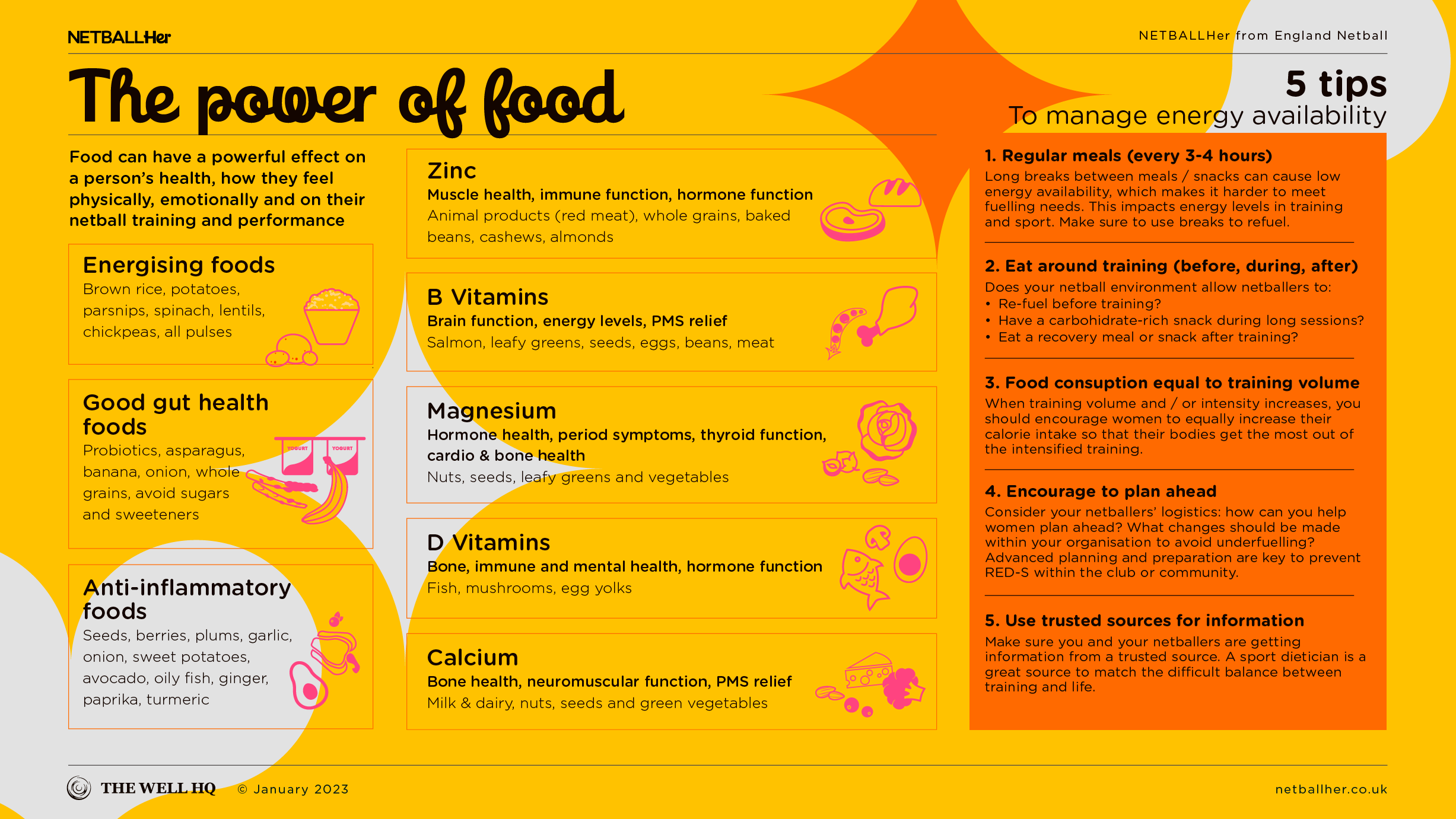Click play for an audio readthrough of this article
Good food is key to health and to overcoming the challenges of having a whole ‘nother human on-board …
Nutrition for pregnant women has two key goals: providing sufficient energy for mum-to-be and giving enough of the good stuff for baby’s development.
The good news is that it’s not too complicated in the first trimester. A pregnant woman’s energy requirements here are exactly the same as her non-pregnant energy requirements.
In the second trimester her caloric intake will need to increase by some 300-500 kcal per day, and in the third trimester she’ll need the same increase again – another 300-500 kcal per day.
The more complicated portions of nutrition here concern the challenges that arise through pregnancy, and how food can (and can’t) help …
Sickness / nausea
Little known fact, estimates suggest a half to three-quarters of all pregnant women will suffer some nausea. The cause of said nausea is the rapid increase in oestrogen, hence morning sickness tends to be more extreme at the beginning. Thankfully, it’s all usually over and done with by week 20.
There’s not usually a golden-bullet-solution to keeping sickness at bay so it may take a bit of trial and error to get through. Top tips are to stay hydrated, avoid trigger foods (and smells) and eat more of what works for you. We suggest you try to eat little-and-often: ideally high-carb foods to replenish energy stocks. You can also try ginger, which can limit the severity of symptoms.
Also, please don’t take heavy sickness too lightly. Note that extreme nausea (where it really impacts your day-to-day) is serious and may require a medical intervention.
Cravings and weight gain (anxiety)
Pregnancy often causes increases in appetite and cravings – and this is normal. It’s to do with hormones and, well, having a growing, needy baby on-board.
You might add foods in (and take others out) but if your diet is more or less nutritionally balanced overall then such changes won’t make any difference to anything.
That said, if you experience cravings we recommend you control them by snacking on good foods between meals. Think protein, carbs, fruit and vegetables. Ideas include bean soups, pitta bread with tuna, beans on toast, milky drinks, yoghurts, fruit, veggie plates and so on.
An increased appetite can be a simple fact of pregnancy but even so, active and very active women aren’t always comfortable with that or the weight gain that comes with the territory. In fact, it’s not uncommon for active pregnant women to undereat to counteract weight gain and changes in body shape.
Best to say it now: weight gain is inevitable. Change in bodyshape is inevitable. Although there isn’t any official direction, weight gain of between 10 and 14kg is associated with the lowest risk during pregnancy and labour.
Still, if you or a pregnant woman you know are worried about weight, or have put on more than, say, 12kg, then a trip to a midwife or GP is best. The bar on seeking help should be low, low, low.
Tiredness and constipation
Tiredness is another feature of pregnancy that’s all-but-inevitable. Pregnant women, especially those still training, need to be wary of overdoing it on-court, and of propping up energy levels via sugary, carby, or caffeinated foods.
Those foods aren’t great in general, but in pregnancy they can cause heartburn, energy slumps and constipation … which we’ll get to.
Back to tiredness, though, and it’s often a symptom of anaemia; which is something to be mindful of. Roughly 50% of UK women at childbearing age have low iron levels and are therefore at risk of developing anaemia in pregnancy. Remember – we keep a low bar on seeking help so if in doubt please see a GP.
A lot of women are tempted to take supplements to top up iron levels but it’s always best to think diet-first. A side-effect of iron supplements is (once again) constipation … and if you’re pregnant there’s a good chance you’re already dealing with a bit of that anyway.
Pregnancy impacts the digestive system hence constipation isn’t uncommon … but it can be problematic. One, it’s uncomfortable. Two, it strains and weakens the pelvic floor at a time we don’t need that. And three, constipation often nudges us towards poorer food choices – whether it’s undereating to counter bloating or overeating as a pick-me-up.
Note, though, that dealing with constipation in pregnancy isn’t any different. It’s looking at hydration and fibre and increasing both where necessary. If that doesn’t work, it’s a chat with a professional.
Be a friend …
If you coach or work alongside a pregnant woman, often the best thing you can do is to simply check in and see how she’s doing. How her energy levels are. Pregnant women, especially active types, may need gentle reminders that it’s okay to take it easy; to listen to the body; to be vulnerable.
Some of the more uncomfortable features of pregnancy, such as cravings, sickness, fatigue and constipation, can pack a punch and nutrition (and hydration) can help her power through.
It sounds so simple, but it’s not always easy.
So share this piece with her if she’s struggling. Oh and while you’re sharing, remind her that this too shall pass. Because it will … and maybe she needs to hear it.
As a reminder, the content of the course belongs to The Well HQ. You have permission to access and use the content yourself or, if you are an organisation, for the number of users selected, but are not otherwise permitted to share such content with others, all in accordance with our Course Terms and Conditions.

